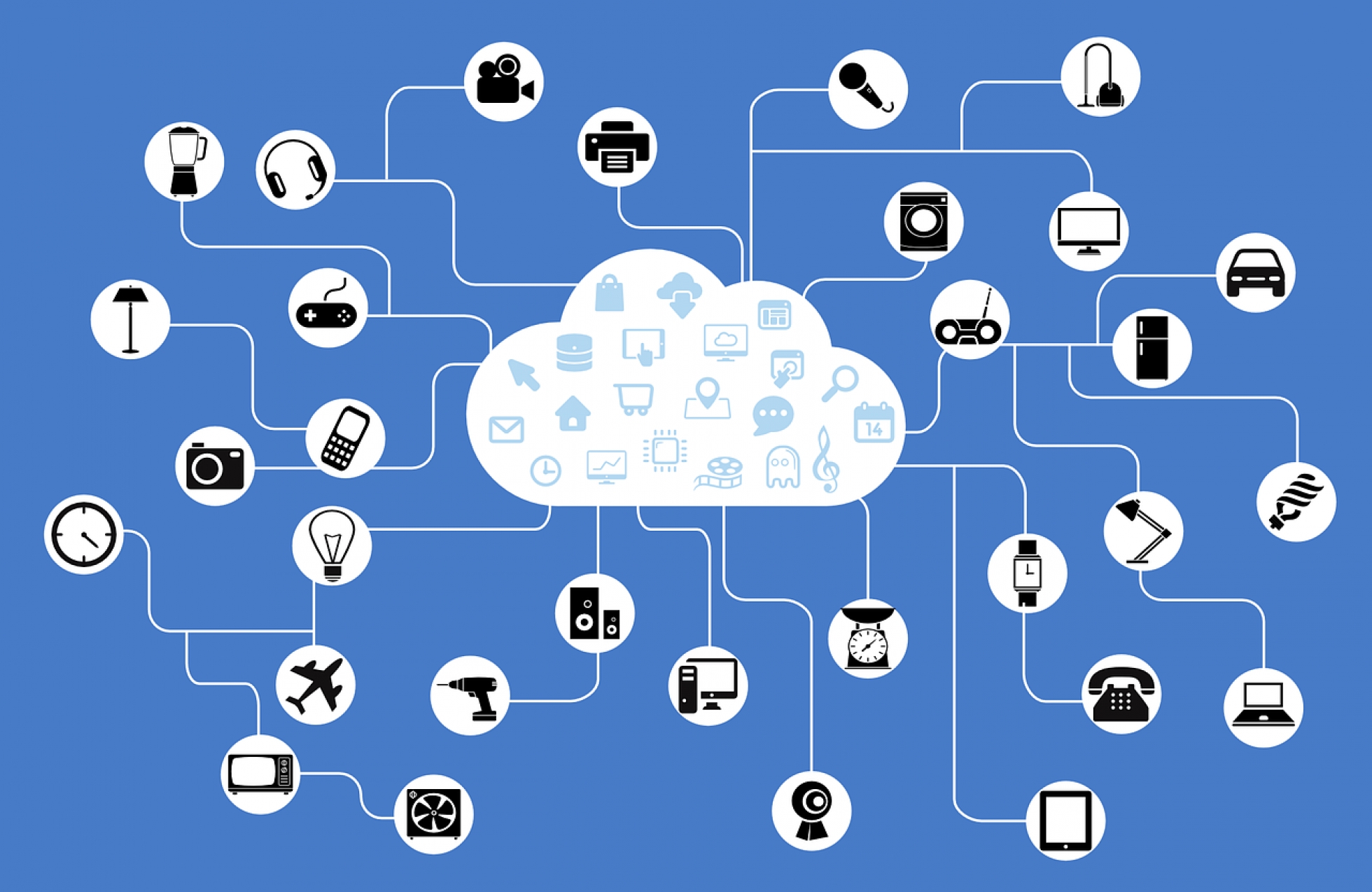In this article on the future of ERP for manufacturing and by extension field service, we catch up with Tony Pottle of Exel Computer Systems. Well-known as an industry expert, Tony has worked in the ERP field providing solutions to the needs of businesses across the UK, Ireland and further afield for in excess of twenty years.
Since its inception, Enterprise Resource Planning (ERP) has been deeply embedded in the manufacturing sector. Initially, in the 1970’s and 1980’s, it was the preserve of deep-pocketed corporations who invested in these advanced solutions and effectively paid for the all-encompassing integrated solutions we find today. The history of ERP is entangled in the well-known manufacturing philosophies of Just In Time, Kaizen, Materials Requirements Planning and Master Production Scheduling to name a few. But what of the future? Nowadays the ERP market has matured to a point where there are many, many solutions out there all competing for the same clients. The reality is that the vast majority will provide similar functionality based on the historical context from which they are derived. So then, what of the future, where is the market going and what are the trends to look out for?
According to Tony Pottle, ERP industry expert with Exel Computer Systems, “ERP systems are large systems that are integrated into every area of a business. So to implement a new system is a complex process that requires planning and structured management. ” In other words, if the business or industry is planning on growing into a new area in the short or medium term, the ERP selection process needs to take account of the direction of the business. Take, for example, mobility. Ten years ago one would not have expected that data would be instantly available at the touch of a button wherever you are in the world. However, we now see companies employing a field sales team, some members may only see the office once a month. A field service team might be engaged in maintenance and repair work, and need to transmit vital information to the office while out on a job. “The ERP system has moved from the back-office to the shop-floor, and now increasingly out to the sales team and remote engineers. These operators need access to real-time information from wherever they are, and need to be able to update the ERP system on a range of mobile devices,” says Pottle. Modern ERP systems simply have to cater to these basic user requirements.
Given the fact that companies will undoubtedly evolve into new areas over time and into the future, it is a difficult task for teams to select a solution for the long term – the system chosen will be expected to be in operation for maybe 10 or 20 years. Scaleability is a massive consideration according to Pottle – “Remember that how your company works now may not be the same as how it will operate in the future – it is important to choose an ERP system that enables you to scale up/down as your business requirements change.” This is where recent developments in technology can help. “We are seeing a growing interest in hosted systems, as the infrastructure becomes more mature and companies become more accustomed to running business critical systems in the cloud.” The cloud has long been projected as the future of business software however manufacturing in particular has been slow to adapt. Early adopters however are now being followed by more and more companies and anecdotal evidence would indicate that over the coming years this trend will accelerate.
So how has the past decade of ERP evolution moulded what we can expect of the future? Pottle believes that the role of large multi-national vendors has helped shaped what we now see in all recognised solutions: “MNCs have driven the development of ERP systems in key areas, such as multi-currency, multi-lingual operations. A single, fully integrated ERP system that can handle the complexities of multi-site operations and provide them with one single version of the truth (SVOT) reduces ambiguity and inefficiency in the systems and processes of the organisation.” The challenge now is to address the individual differences that separate one business from another. This boils down to the need to have maximum flexibility built into the core of the software. “All ERP systems can handle the basics of buying/selling/manufacture etc. It is the small operational differences that each company has at the periphery of their operations that are the hardest for ERP systems to handle. Companies need to choose an ERP system that is easily customisable and configurable, so that as a company’s requirements change over time, their ERP system can change with them. This future-proofs the investment they have made in their ERP software.”
To find out more, why not join us on June 15th at our ERP Information Day in the Louis Fitzgerald Hotel, Dublin when we welcome Tony Pottle of Exel Computer Systems as our guest host. Places are strictly limited so sign up now at http://profitsflow.com/ERPevent
